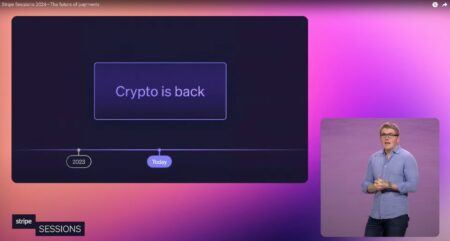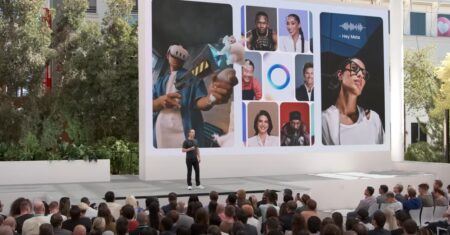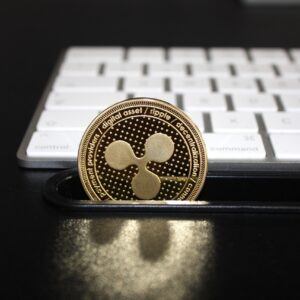Ontology (ONT), a leading blockchain-based cryptocurrency platform that focuses on developing a “distributed trust network”, has announced that users on social media may ask questions related to the platform’s latest updates starting “before 23:59 on March 23:59 on March 10th (UTC).”
Notably, Li Jun, the founder of Ontology, will be responding to only 10 questions via Twitter and rewarding each user that has asked one of those questions with 1,000 ONG, an amount currently valued at $516.70 according to CryptoCompare data. Jun, who’s also the co-founder and chief architect of blockchain-based solutions firm, Onchain, will reportedly be attending the TOKEN249 event which will be held in Hong Kong from March 13th-14th.
New Sharding Design For Ontology Revealed
Jun is planning to reveal more details regarding the Ontology network’s roadmap at the TOKEN2049 conference. The Chinese crypto entrepreneur will also be participating in a panel discussion on “The Decentralized Future: Interoperability and Scalability.” As explained in Ontology’s announcement, the platform’s developers released a new sharding design for the blockchain-based network. At present, Ontology’s development team is working on implementing the latest sharding algorithm for distributed trust network.
In addition, the creators of Ontology are developing various “back-end, module-, and application-layer” software modules. On February 24th, Ontology’s management announced that the platform’s distributed trust ecosystem is now accessible on Google’s Cloud Platform Marketplace.
Smart Contracts May Be Written Using Google’s Cloud-Based Environment
According to the Ontology Team, its decentralized crypto platform is “one of the first public blockchains” to have launched a development environment on “leading cloud provider marketplaces.” These cloud-based marketplaces include Amazon’s Web Services (AWS), Google Cloud, and Microsoft Azure.
As explained by Ontology’s design team, the primary benefit of using Ontology’s cloud computing development environments is that they enable software developers to write smart contracts without having to first install a local (supporting) development environment (IDE).
This process can be time-consuming and requires that users invest a lot of their own resources.
Trusted Execution Environment Used To Store Sensitive Userf Data
In early January 2019, Ontology’s developers announced their partnership with TEEX, a Singapore-based technology firm. The partnership between the two involves working on an initiative that will enhance the Ontology network’s “on-chain data privacy” and security.
As noted by the Ontology team, TEEX’s proprietary trusted execution environment (TEE) will be used to securely store users’ private keys. The TEE is described as a “black box” that resides inside computer chips. Sensitive data stored in the black box makes it more secure as it is kept separately from external software programs. This type of data encapsulation reduces the chances of malicious entities being able to compromise private or confidential user information on Ontology’s platform.








